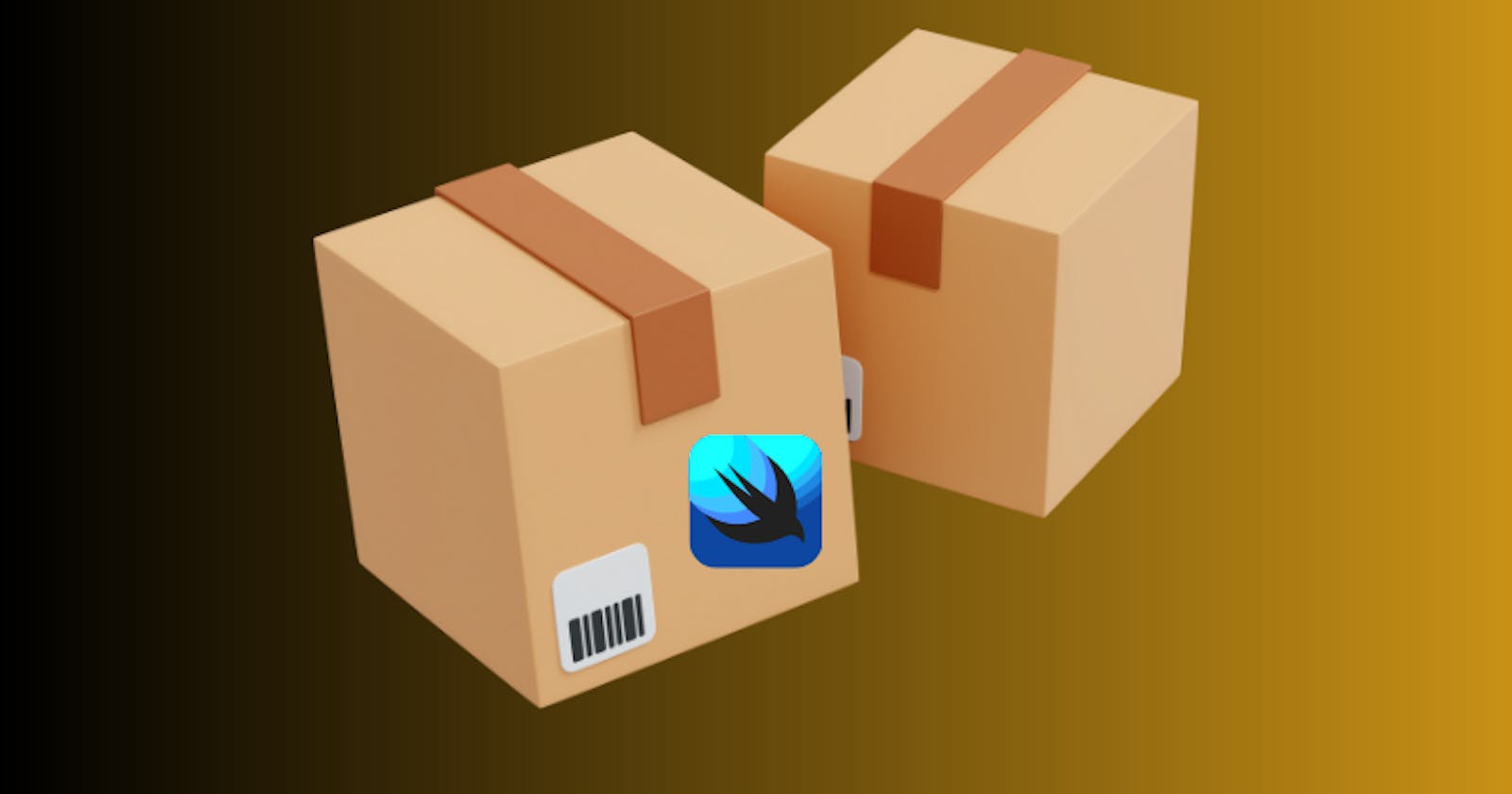Swift Package Manager: A Comprehensive Guide to Managing Dependencies in Swift Projects
Swift Package Manager (SPM) is a robust tool for managing dependencies in Swift projects, offering a standardized way to leverage external libraries, frameworks, and other modules in your software. This article will provide a detailed explanation of how to use Swift Package Manager and how it simplifies the process of dependency management in Swift.
What is Swift Package Manager?
Swift Package Manager is an open-source tool that helps Swift developers fetch, build, and manage dependencies. It simplifies the process of integrating external libraries or frameworks into your Swift projects. Unlike Carthage and CocoaPods, SPM is integrated directly into the Swift language and works seamlessly with Xcode, the standard IDE for developing Swift applications.
Understanding Packages, Products, and Targets
Before we dive into usage, let's take a moment to understand the key components that make up the SPM ecosystem:
Package: A Package is the fundamental unit in SPM, representing an individual software component that can be distributed and reused. Each package contains a
Package.swiftmanifest file, which provides metadata about the package, including its name, products, targets, and dependencies.Product: A product is the distributable output of a package. This can either be a library, which is importable by other Swift code, or an executable, which can be run.
Target: A target is the smallest buildable unit in a package. Targets can be code (source files), or they can be test targets. They define a module within the package.
Getting Started with Swift Package Manager
The primary requirement for using SPM is having Swift installed on your machine. As of Swift 3.0, the package manager is included in the Swift toolchain. You can confirm this by running the swift package --version command in your terminal. The output should display the Swift version, including the version of SPM.
Next, you'll need to create a Swift package. Here's how:
Creating a Swift Package
In your terminal, navigate to the directory where you'd like to create the new package, then use the following command:
swift package init --type executable
This command creates a new package of type executable. If you're creating a library, use --type library instead.
In the newly created directory, you'll find a number of auto-generated files and directories. The most important one is the Package.swift manifest file.
Understanding the Package.swift Manifest
The Package.swift manifest file is where you define your package and its dependencies. Let's take a look at a basic Package.swift file:
// swift-tools-version:5.3
import PackageDescription
let package = Package(
name: "MySwiftPackage",
products: [
.executable(name: "MyExecutable", targets: ["MyTarget"]),
],
dependencies: [
.package(url: "https://github.com/somelib/somelib.git", from: "1.0.0"),
],
targets: [
.target(
name: "MyTarget",
dependencies: ["SomeLib"]),
.testTarget(
name: "MyPackageTests",
dependencies: ["MyTarget"]),
]
)
Here's a breakdown of the components in the manifest:
swift-tools-version:5.3: This indicates the minimum version of the Swift tools required to build this package.import PackageDescription: This imports the necessary module for defining the package.let package = Package(…): This is the package declaration, and it's where you'll define most of the package's properties.name: This is the name of the package.products: This array contains the list of products provided by the package.dependencies: This is where you list all of your package's dependencies. These are the external packages that your package requires to build and function.targets: This is where you define targets for your package. Each target corresponds to a module within your package.
Adding a Dependency
Adding dependencies is as simple as adding entries to the dependencies array in your package's manifest file. For example, suppose you want to add Alamofire, a popular networking library in Swift. Your dependencies array would look like this:
dependencies: [
.package(url: "https://github.com/Alamofire/Alamofire.git", from: "5.0.0"),
]
In the targets section, add Alamofire to the list of dependencies for the targets that require it:
targets: [
.target(
name: "MyTarget",
dependencies: ["Alamofire"]),
]
Once you've done this, Swift Package Manager will fetch Alamofire and make it available to your target. To use Alamofire in your Swift code, you'll need to import it at the top of your Swift files, like this:
import Alamofire
Building and Running Your Package
After you've defined your package and its dependencies, you can build your package by navigating to your package directory in the terminal and running:
swift build
This command fetches the necessary dependencies, compiles your source code along with the dependencies, and outputs a binary. If your package is an executable, you can run the program using the command:
swift run
Testing Your Package
To run the tests for your package, use the command:
swift test
This command compiles your source code, dependencies, and test targets, and then it executes the tests.
Summary
Swift Package Manager is a powerful and versatile tool for managing dependencies in Swift projects. As it comes bundled with Swift, there is no need for extra installation steps or third-party tools. With SPM, managing external libraries and frameworks becomes seamless, helping Swift developers create and maintain complex projects more efficiently.
Remember, practice is key to mastering any new tool or concept. Don't hesitate to experiment with creating and managing packages using SPM. The more you use it, the more you'll appreciate its power and simplicity.

